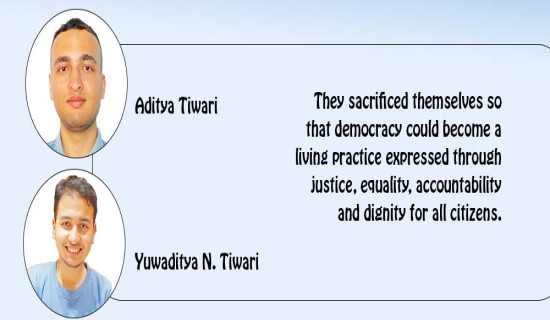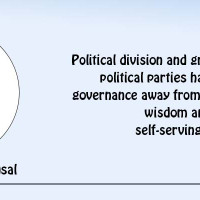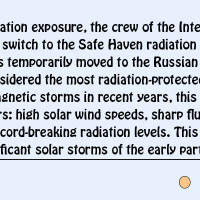- Sunday, 1 February 2026
Befriending Anger
One client remarked, "My father's anger is responsible for my trauma." Another shared, "I was never allowed to show my anger." Yet another confessed, "I've already hurt so many people with my anger." These are just a few examples of the many statements I hear as I work with clients to help them express and manage their anger in a healthy way. It is often an uphill battle, as we must first address their anxiety about feeling anger before we can begin to face the anger itself.
Anger is something we’ve all encountered—whether in movies, global conflicts, or within ourselves or personal relationships. It can be unsettling, anxiety-inducing, and often threatening. Yet, like all emotions, anger serves an important purpose: It signals unmet needs or perceived injustices, motivating us to overcome obstacles and protect ourselves.
In my work with clients, I often emphasise that anger isn't inherently bad; it's a natural, necessary, and intelligent emotion, as Tara Brach puts it. Anger typically stems from feelings of being wronged, but the crucial point is understanding that it’s not the emotion itself that is harmful; it’s how we choose to manage and respond to it. If left unchecked, anger can overwhelm us, shaping our identity in damaging ways and hurting both ourselves and others. On the flip side, anger can be a powerful motivator, pushing us to set boundaries, address injustices, and communicate more effectively. When channelled constructively, it becomes a catalyst for meaningful change.
I had a client who identified as a people pleaser. She described a relationship with a selfish relative, in which she had taken on the role of constantly caring for them—even though this person was fully capable of taking care of themselves. My client never communicated her own needs and consistently prioritised the relative's well-being over her own. Over time, this dynamic naturally bred resentment, but she wouldn’t allow herself to fully acknowledge it.
She had unconsciously developed the habit of putting others’ needs first as a way to demonstrate her worth and earn love. In previous sessions, it was clear that my client felt anger but didn’t allow herself to fully experience it. Instead, she defensively buried her feelings, leaving her feeling taken advantage of and emotionally drained. Deep down, she believed that tapping into her anger would jeopardize her relationships. After all, who would she be if she stopped pleasing others? This fear kept her trapped in a cycle of over-giving and self-denial, terrified that expressing her needs might lead to rejection.
During a recent trip, the imbalance in their relationship became even more obvious—one person was always taking, while the other was endlessly giving. Tensions escalated, bringing the issue to the surface. Recognising the pattern, the client confronted the issue directly. As this client worked through her anger, she began to realise that her emotions were not inherently destructive. Rather, they were a signal that something needed to change. By learning to acknowledge and accept her anger, she was able to create healthier boundaries in her relationships. She discovered that expressing her anger did not mean being harsh or hostile but, instead, allowed her to advocate for herself in a way that was both firm and compassionate. Her anger became a source of motivation, driving her to assert her needs and take action.
This experience is not unique to my client. Many people, especially those who have been conditioned to suppress their emotions, find it difficult to embrace anger as a tool for personal empowerment. They fear it will alienate others or lead to conflict, not realising that unexpressed anger often manifests in unhealthy ways—be it through passive aggression, resentment, self-sabotage, depression, or anxiety. Many people, however, tend to envision their anger as inherently aggressive and fear the consequences of expressing it. As a result, they often avoid it. I’ve also encountered individuals whose anger feels overwhelming and frightening because of the level of rage they carry, leading them to feel the need to protect themselves and others. The challenge lies in guiding them to face their anger without internalising it or externalising it.
The key to harnessing anger lies in cultivating a mindful relationship with it. We must learn to sit with our anger, understand its root causes, and use it as a source of clarity and strength. Anger can be a powerful force for setting boundaries, motivating change, and pushing us to seek justice, but only when we manage it intentionally. By reframing our relationship with anger, we can move from a reactive state to one of thoughtful, constructive action. Ultimately, the goal is not to eliminate anger but to transform it. When we learn to manage our anger with awareness and skill, it can become a catalyst for deeper self-awareness, healthier relationships, and a more balanced life.
- Psychology Today
















